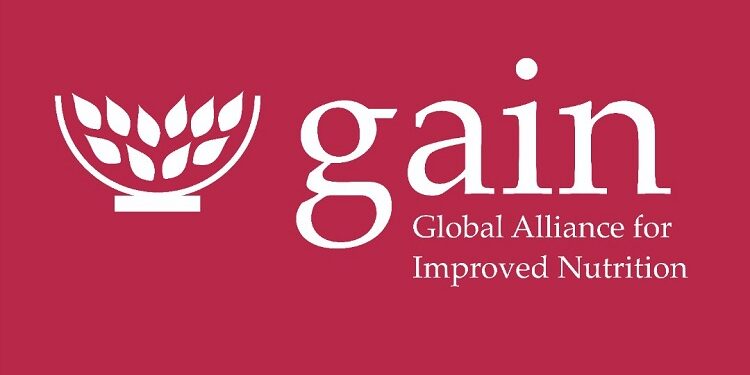Stakeholders in the agricultural sector are seeking solutions and collaborations to solve the challenges of food insecurity and micronutrient deficiency through best practices and biofortified foods.
They stated this in Ibadan on Tuesday at the Agribusiness Innovation Clinic organised by the Global Alliance for Improved Nutrition (GAIN).
Prof. Ibiyemi Olayiwola, Department of Human Nutrition and Dietetics, Federal University of Agriculture, Abeokuta, said the event was timely because of Nigeria’s food insecurity and nutrition situation.
She said the country needs to scale up because food insecurity leads to poor food intake, and nutrition insecurity leads to poor quality of life.
“People are not living very well, and the workforce is affected; the women are affected, and the infants are not growing as they should.
“Less than 20 percent of children in Nigeria do not have an adequate diet because mothers cannot diversify from five food groups, and giving a child adequate food with micronutrients is not being followed,” she said.
Olayiwola, however, called for collaborative efforts to tackle the headlong challenge of food and nutrition insecurity, which has ripple effects on all aspects of life.
In his address, the Oyo State Commissioner of Agriculture and Rural Development, Mr Niyi Adebisi, said a nation that cannot make nutritious food available, accessible, and affordable to its citizenry all year round may be spending more on health care management, which can be avoided.
“While such money can be invested in another profitable venture. It is a matter of joy to note that GAIN trained over 500 farmers, processors and aggregators and empowered them by supplying inputs such as vitamin A Cassava cuttings, OFSP (orange flesh sweet potato) vines, and organic and foliar fertilizers.
“And herbicides to 110 farmers in the selected four LGAs: Afijio, Ido, Oyo West and Iseyin of Oyo State in the past two months to strengthen nutrition in priority staples which will increase the consumption of nutritious foods by smallholder farmers, their families and the entire populace and also the use of nutritious varieties of target staples in processed foods,” he said.
In an interview, Ms Mercy Olorunfemi, Project Manager under the Strengthening Nutrition in Priority Staples Project (SNIPS), said the rationale behind the event was to examine agriculture through the nutrition lens.
“Micronutrient deficiency is an issue. A lot of people did not have the right nutrients to operate as they should; women, nursing mothers and children are at risk of this deficiency, and that is why we are implementing this project because we are strengthening nutrition in the priority stable foods that we consume,” Olorunfemi said.
Also, Mr Isaac Faniyi of the Bank of Agriculture said the event was to inform all the stakeholders that food and nutrition security is a joint responsibility.
It must be a bottom-up approach as everybody must be involved; government, private sector and individuals,” Faniyi said.
Mrs Atinuke Lebile, Chief Executive Officer of Cato Foods, said the emphasis must be on nutritious food right from home.
She stressed the need to educate parents and farmers on the best ways to cultivate crops because excess herbicides and pesticides also affect what is grown.
Global Alliance for Improved Nutrition (GAIN) is implementing the Strengthening Nutrition in Priority Staples Project (SNIPS) in Nigeria in partnership with GIZ and the Green Innovation Centre for the Agricultural and Food Sector in Nigeria.











